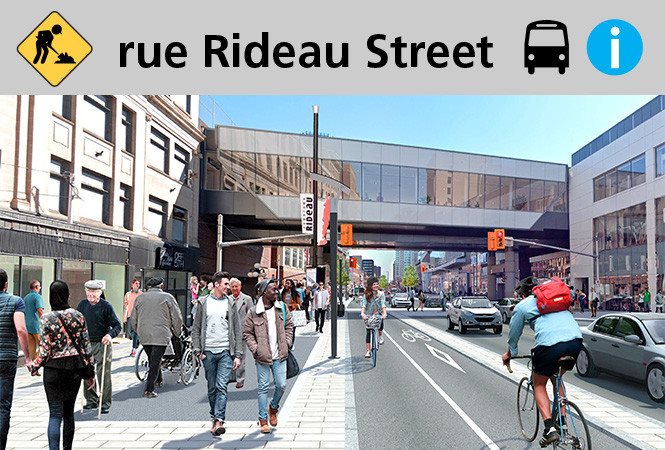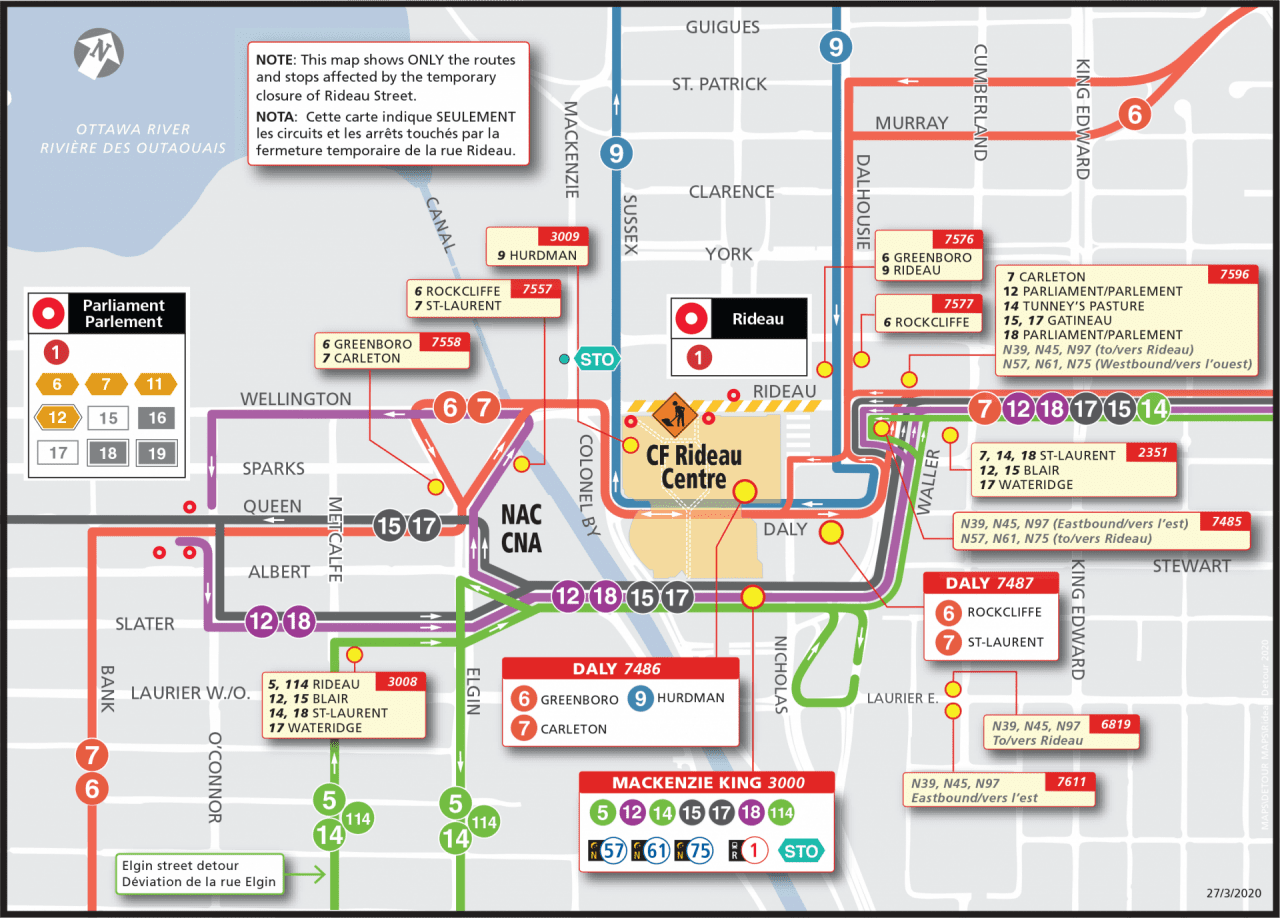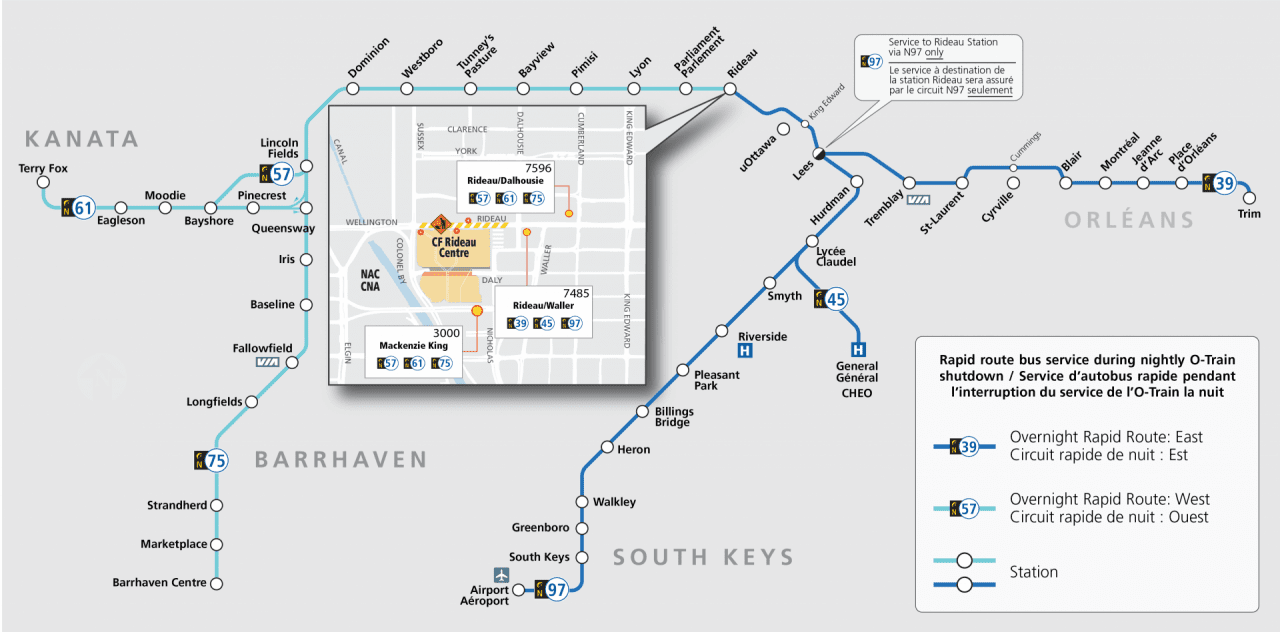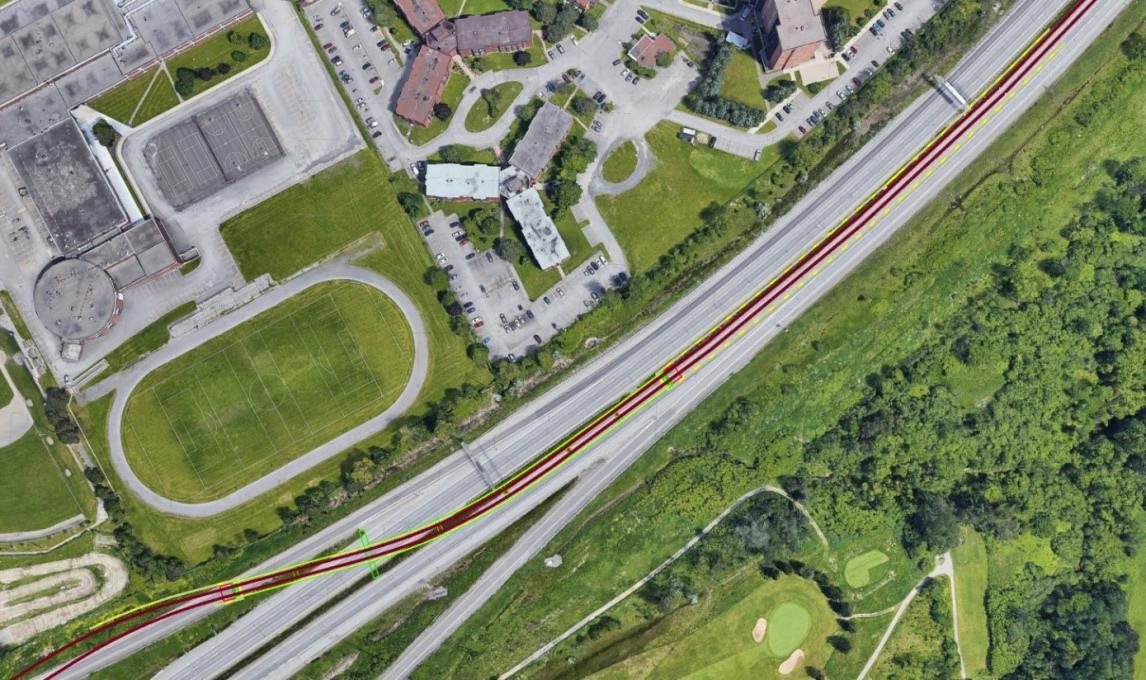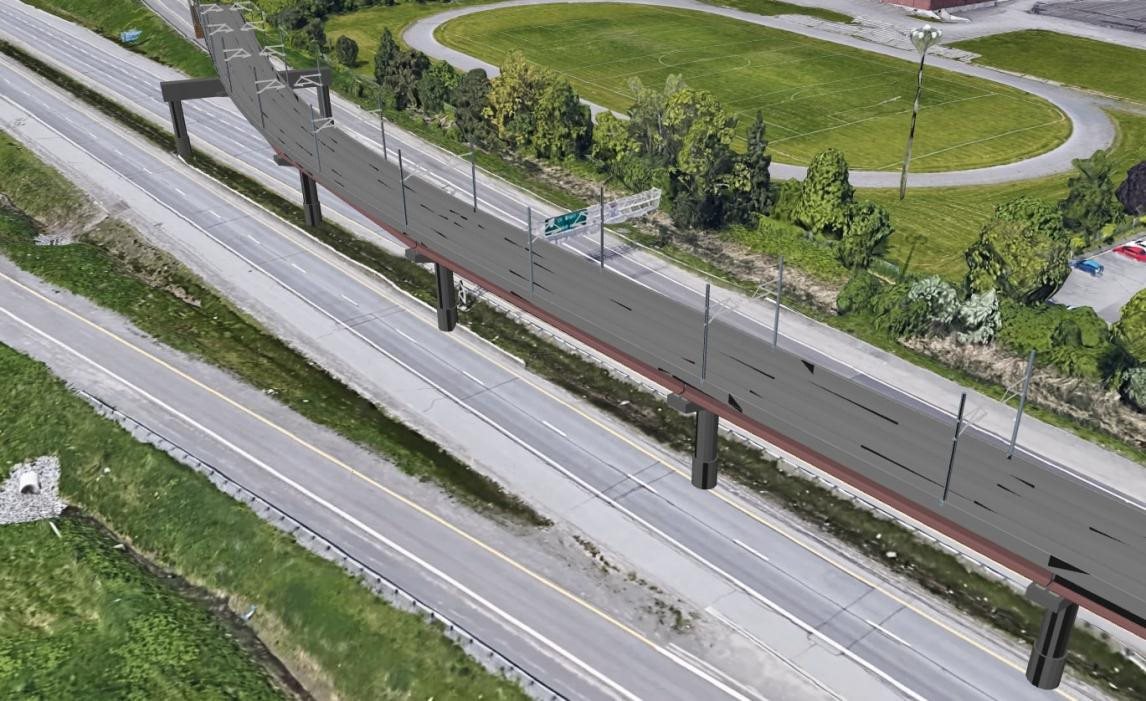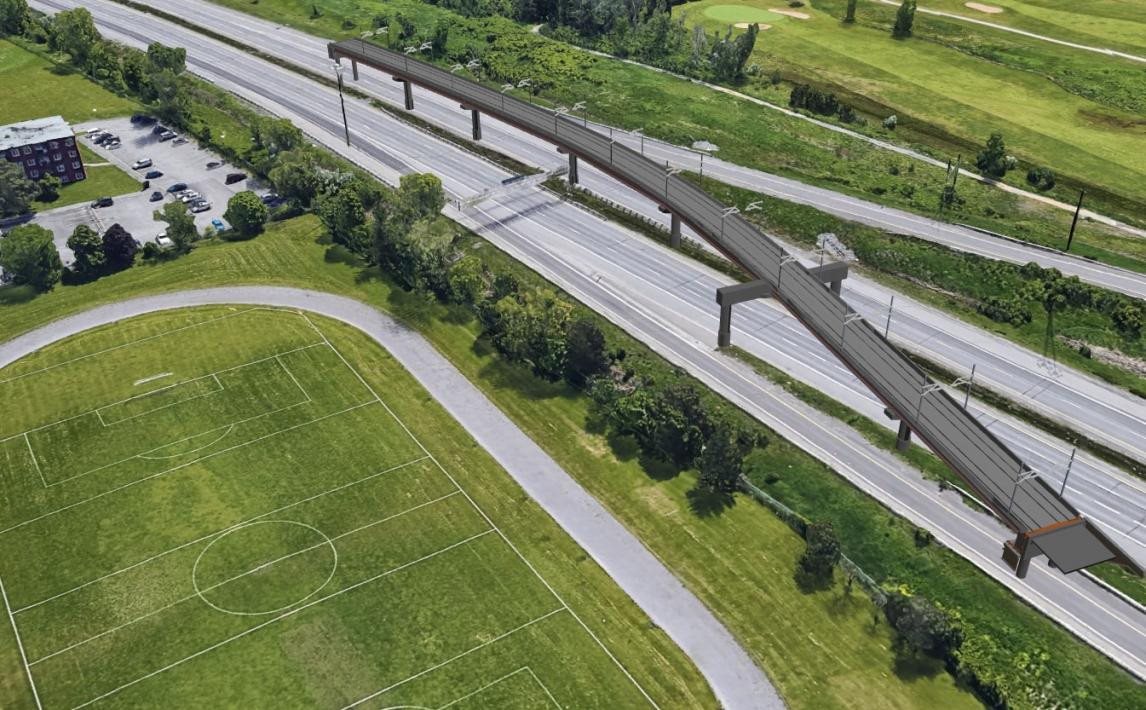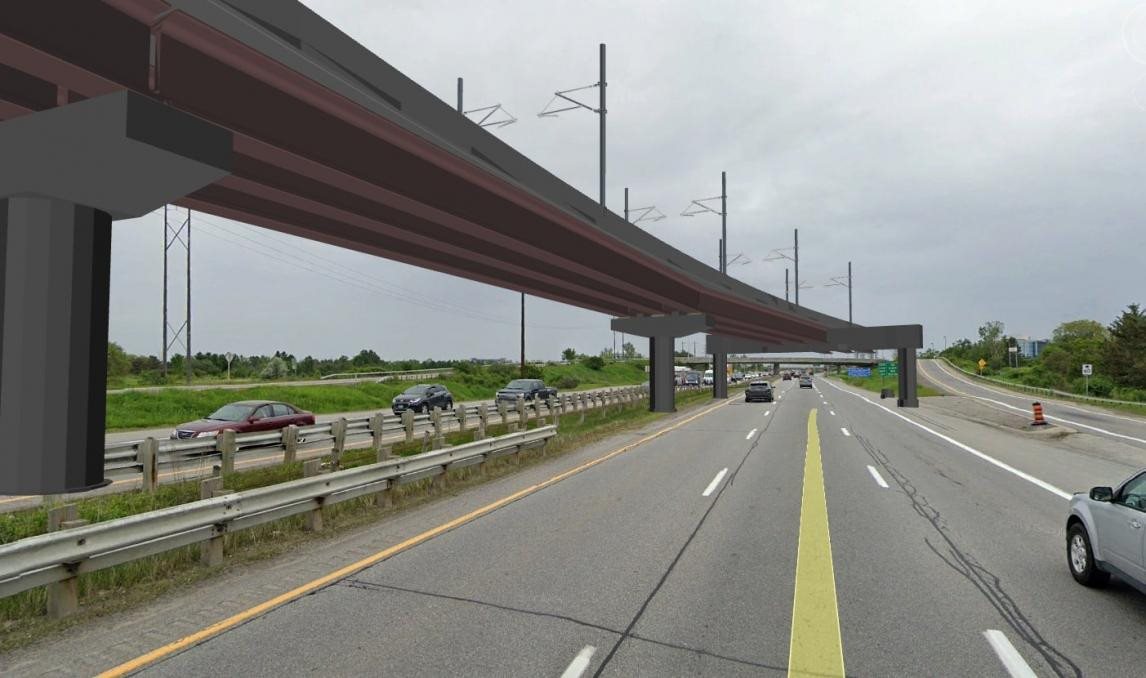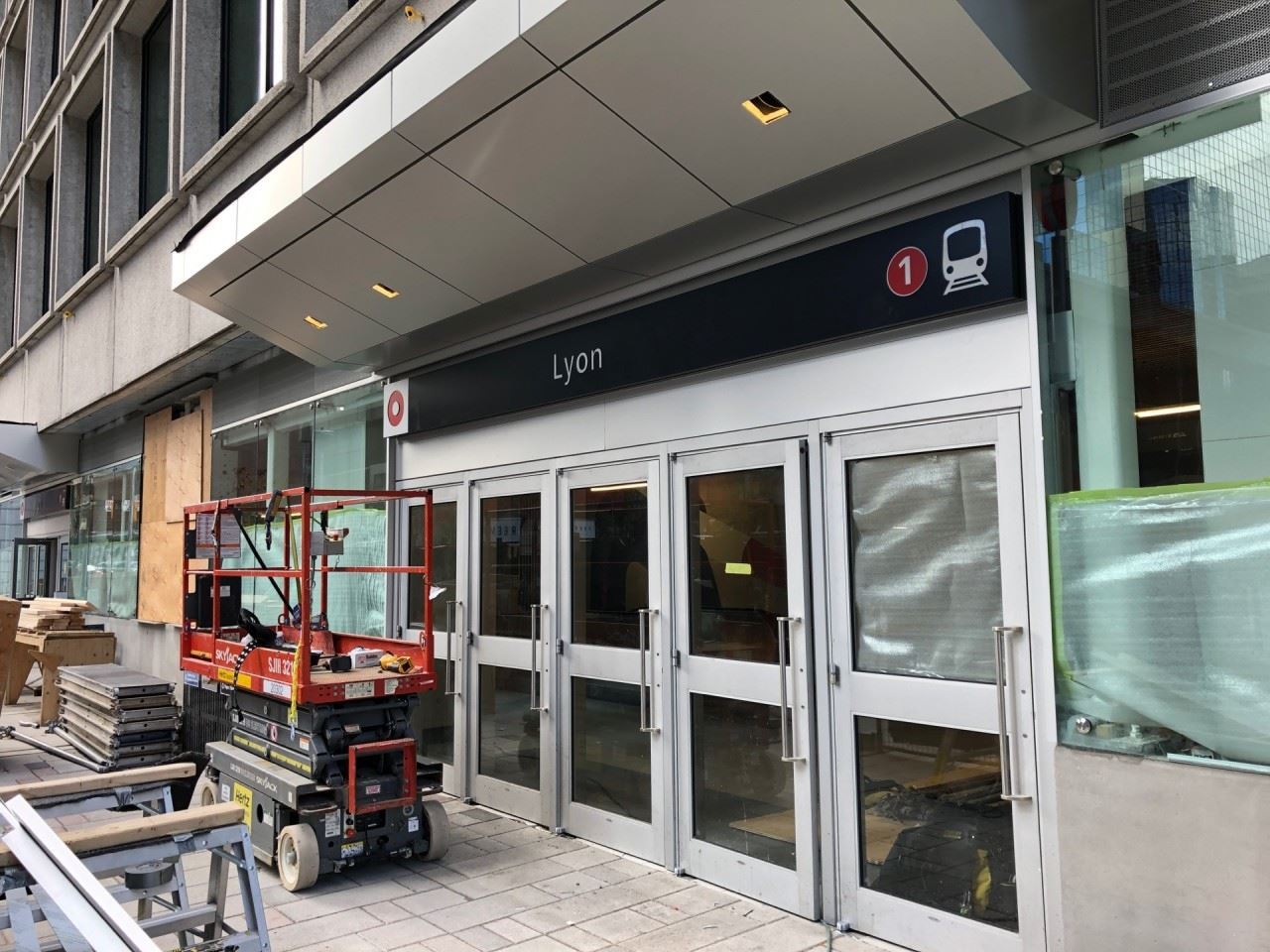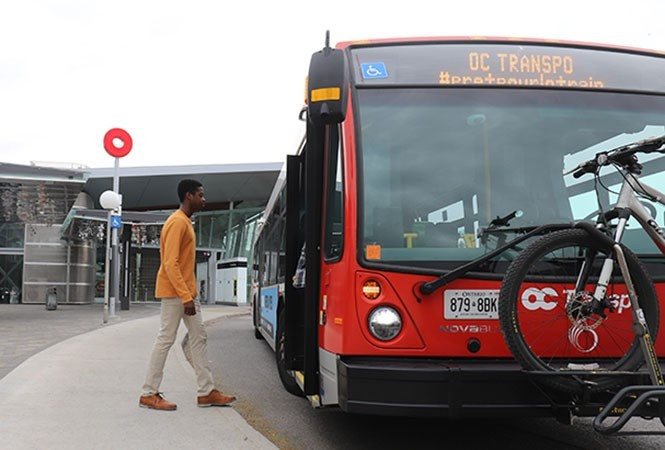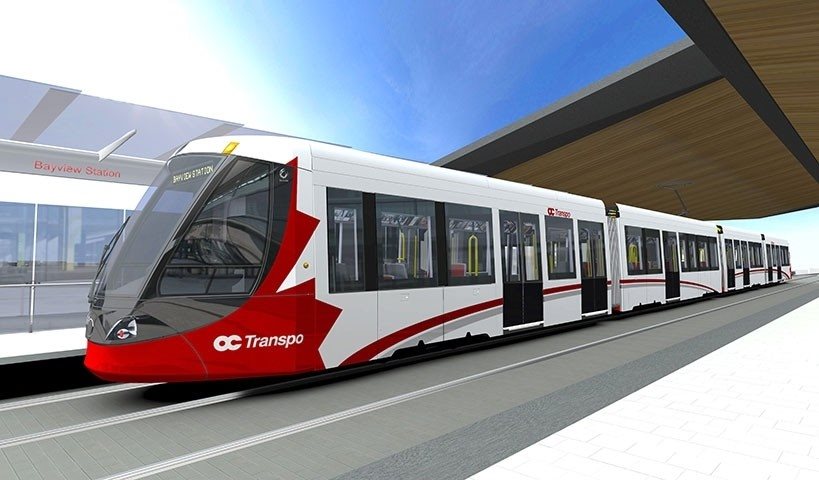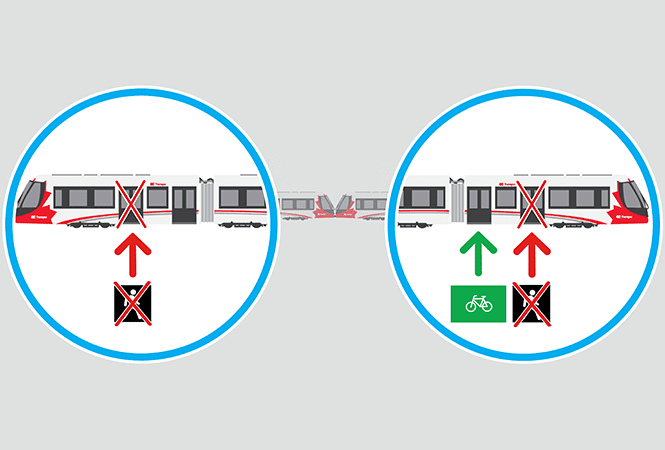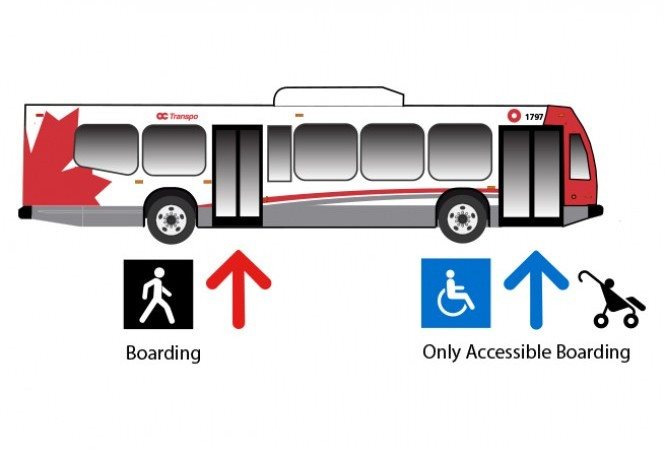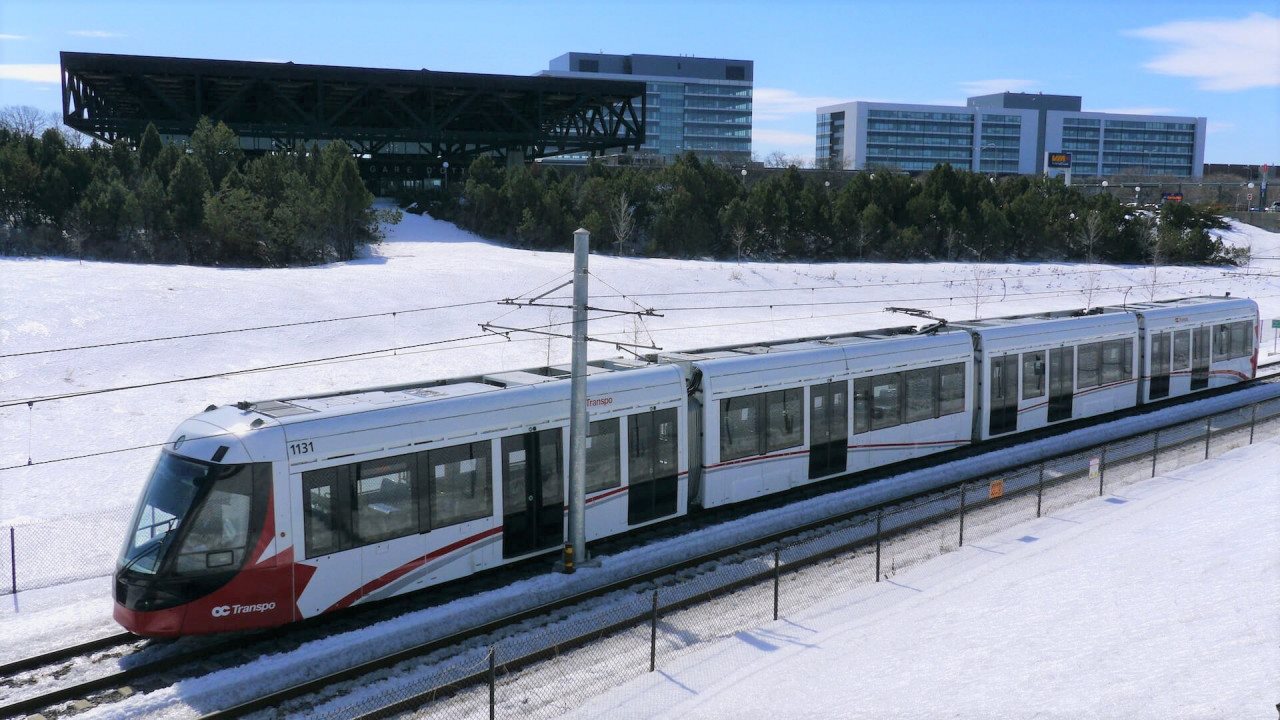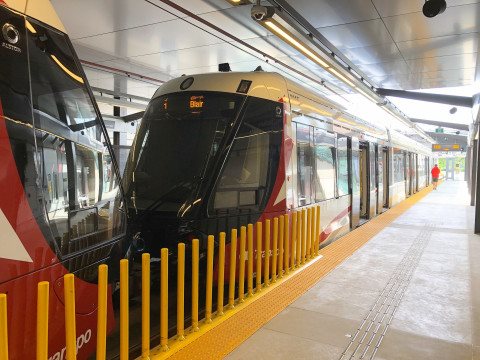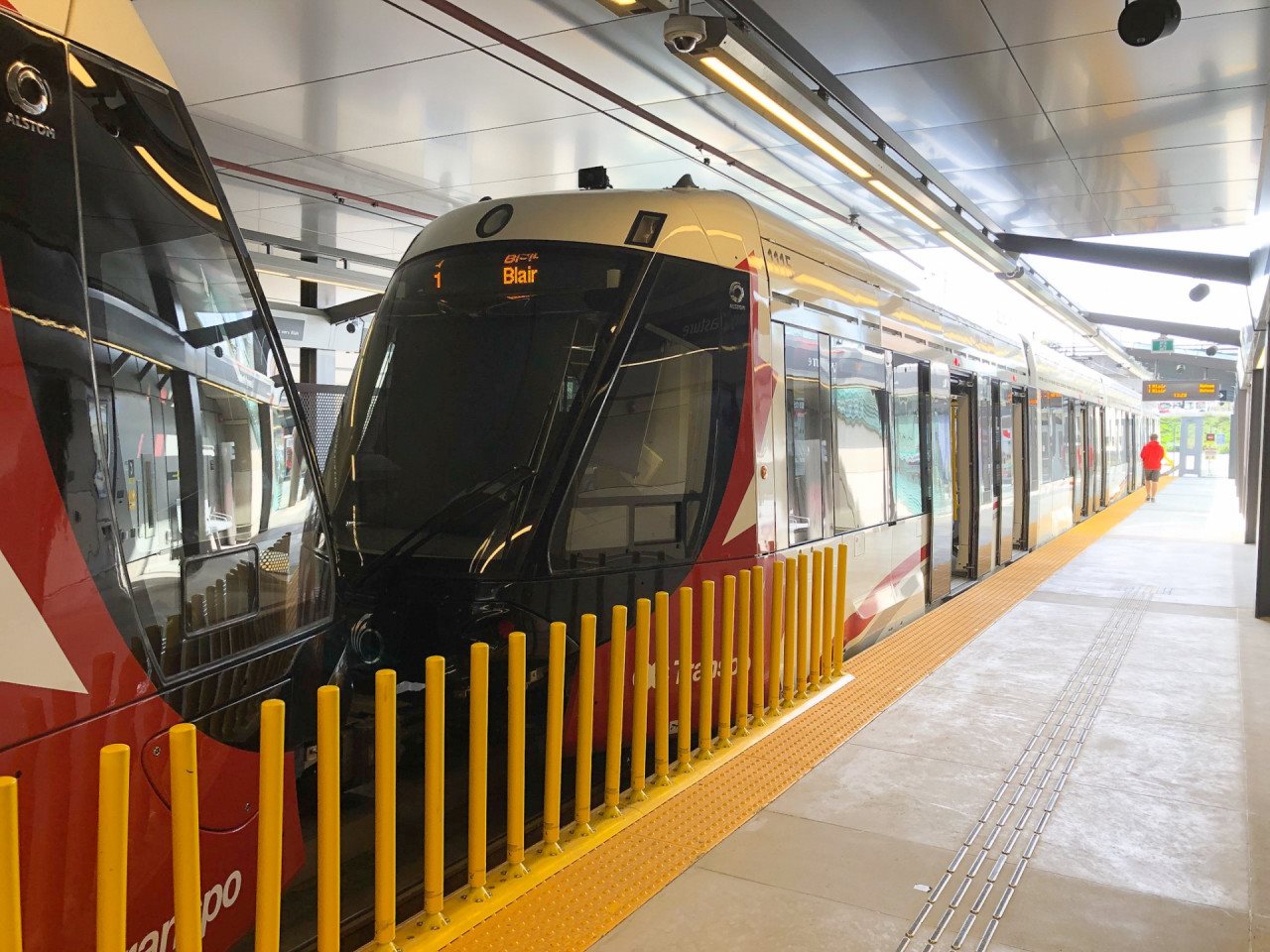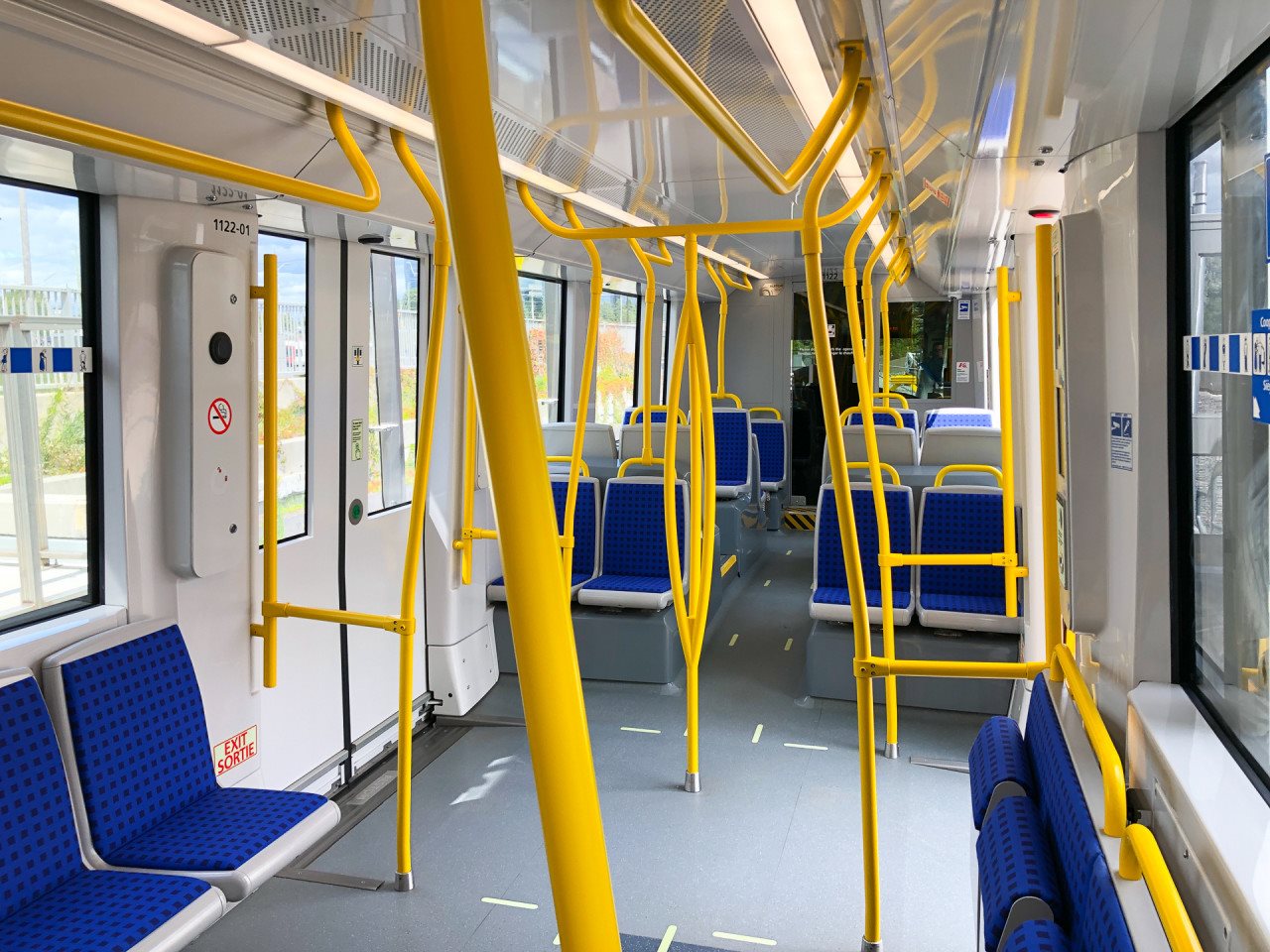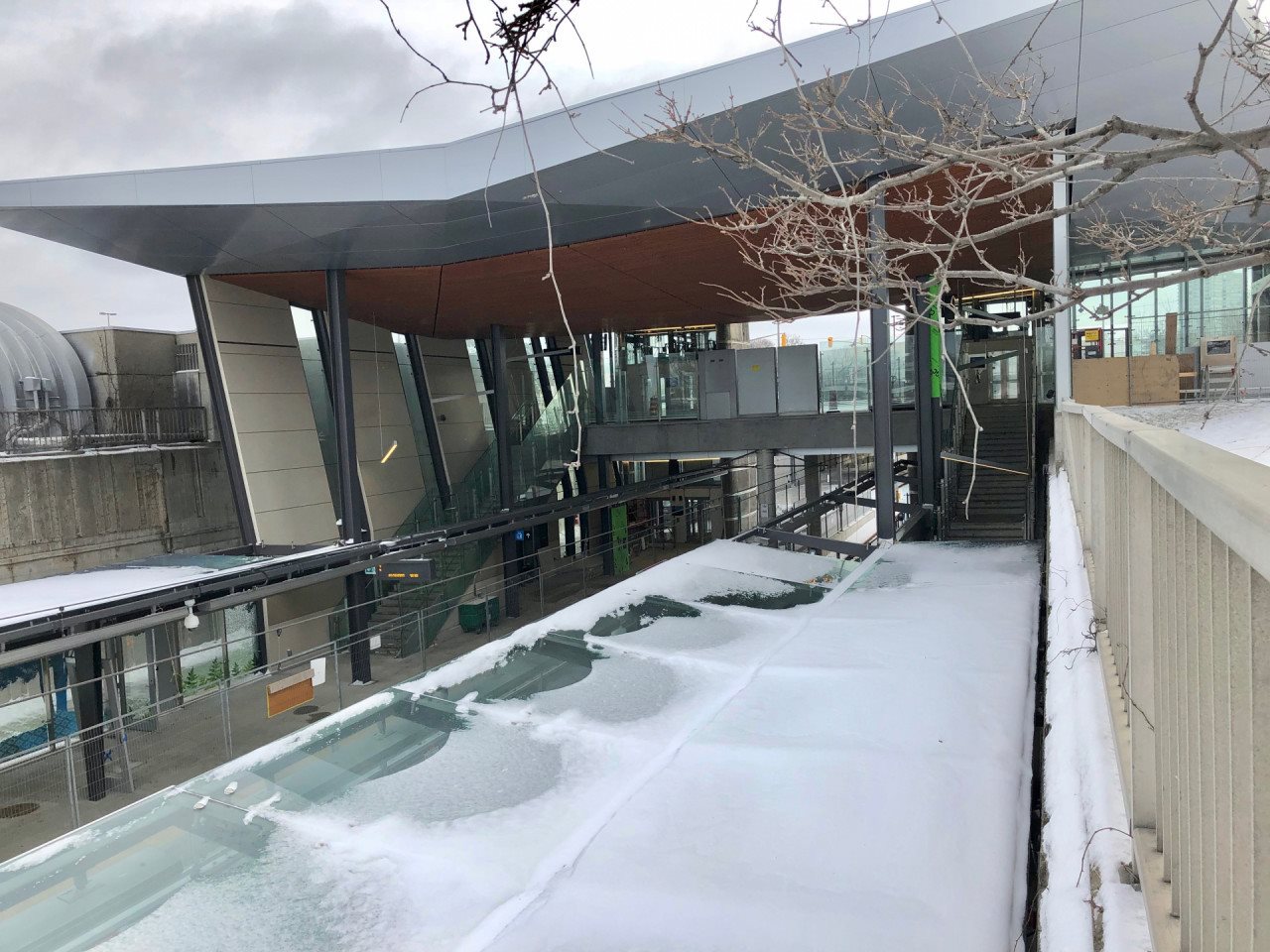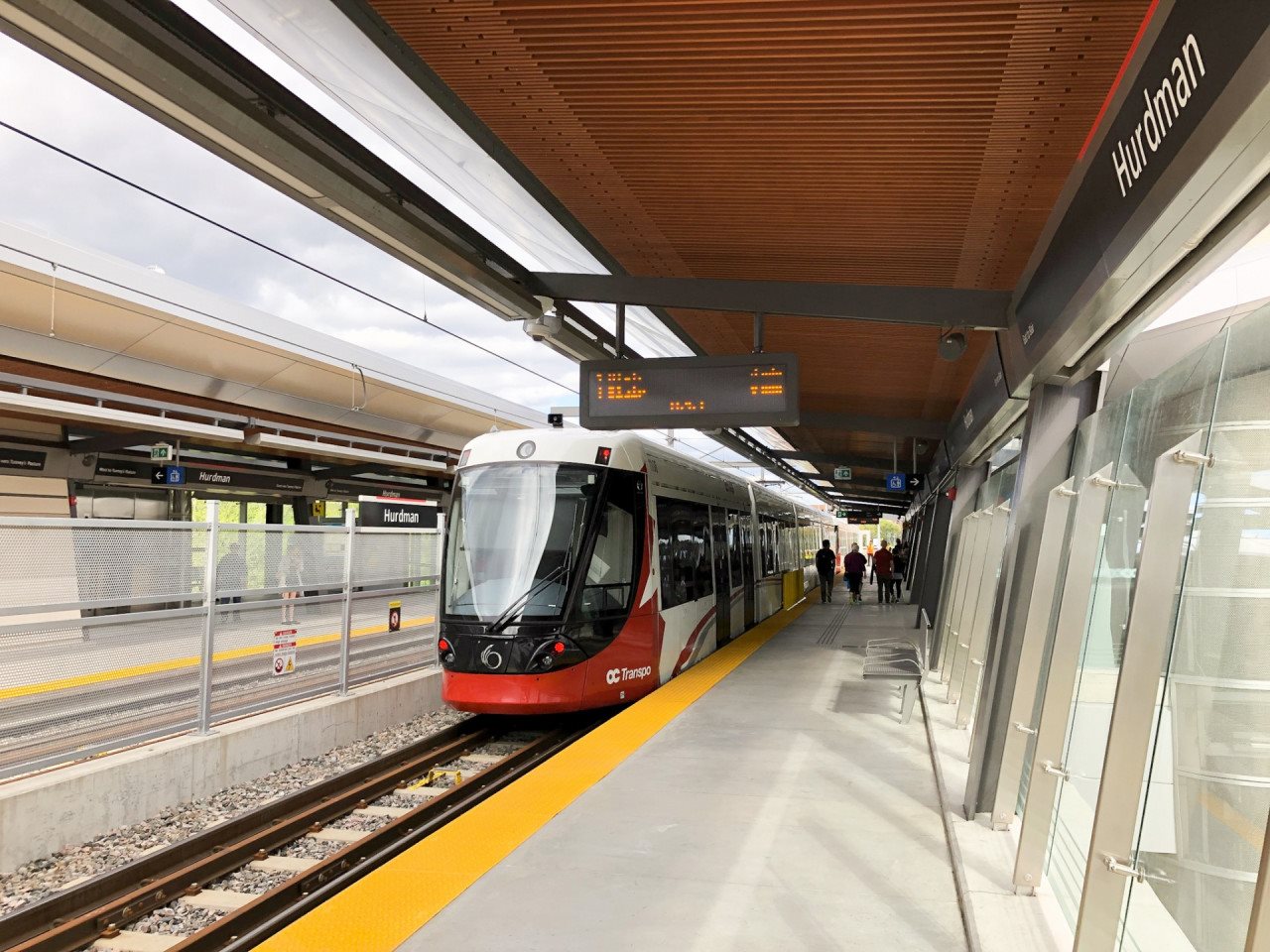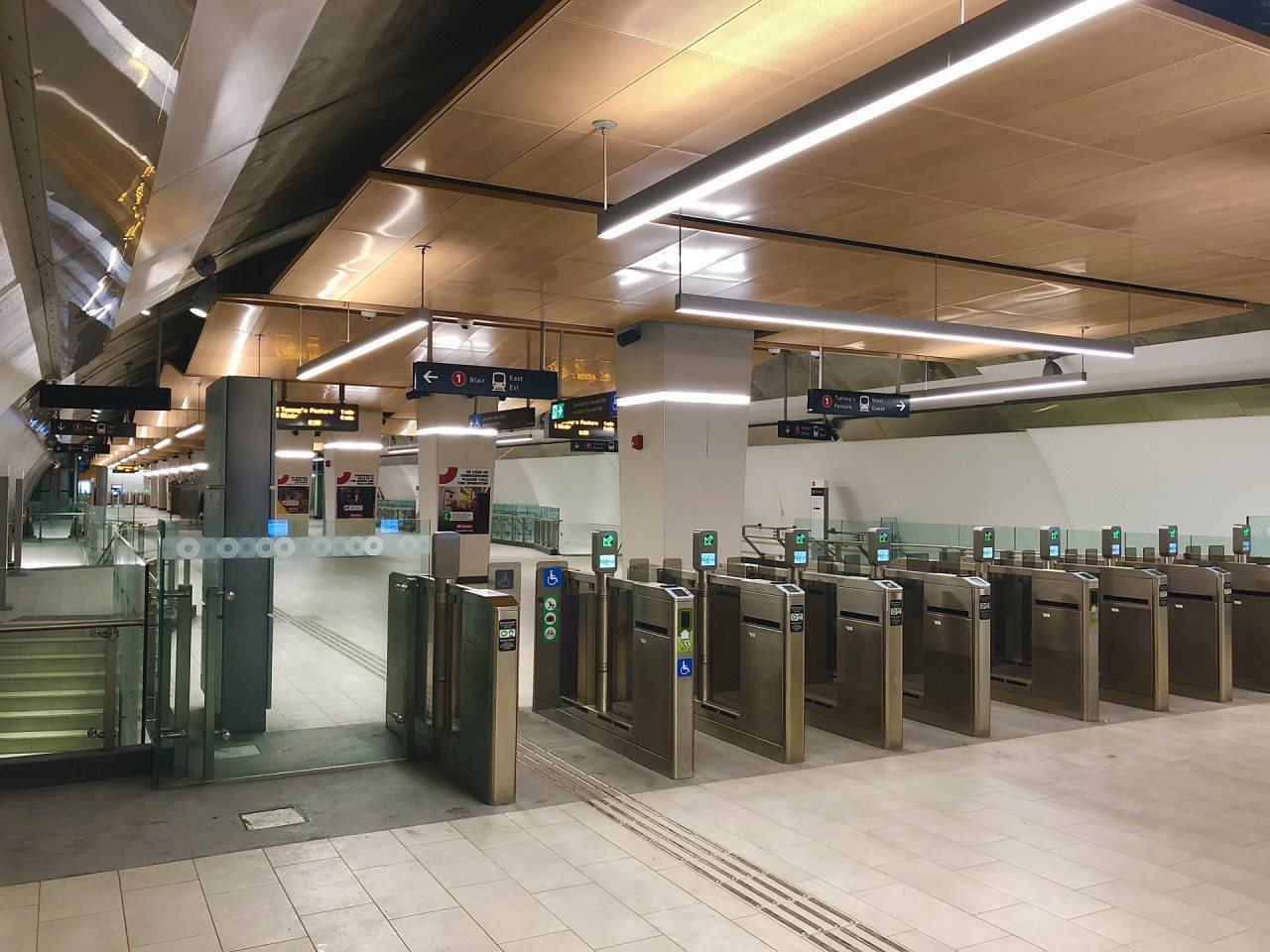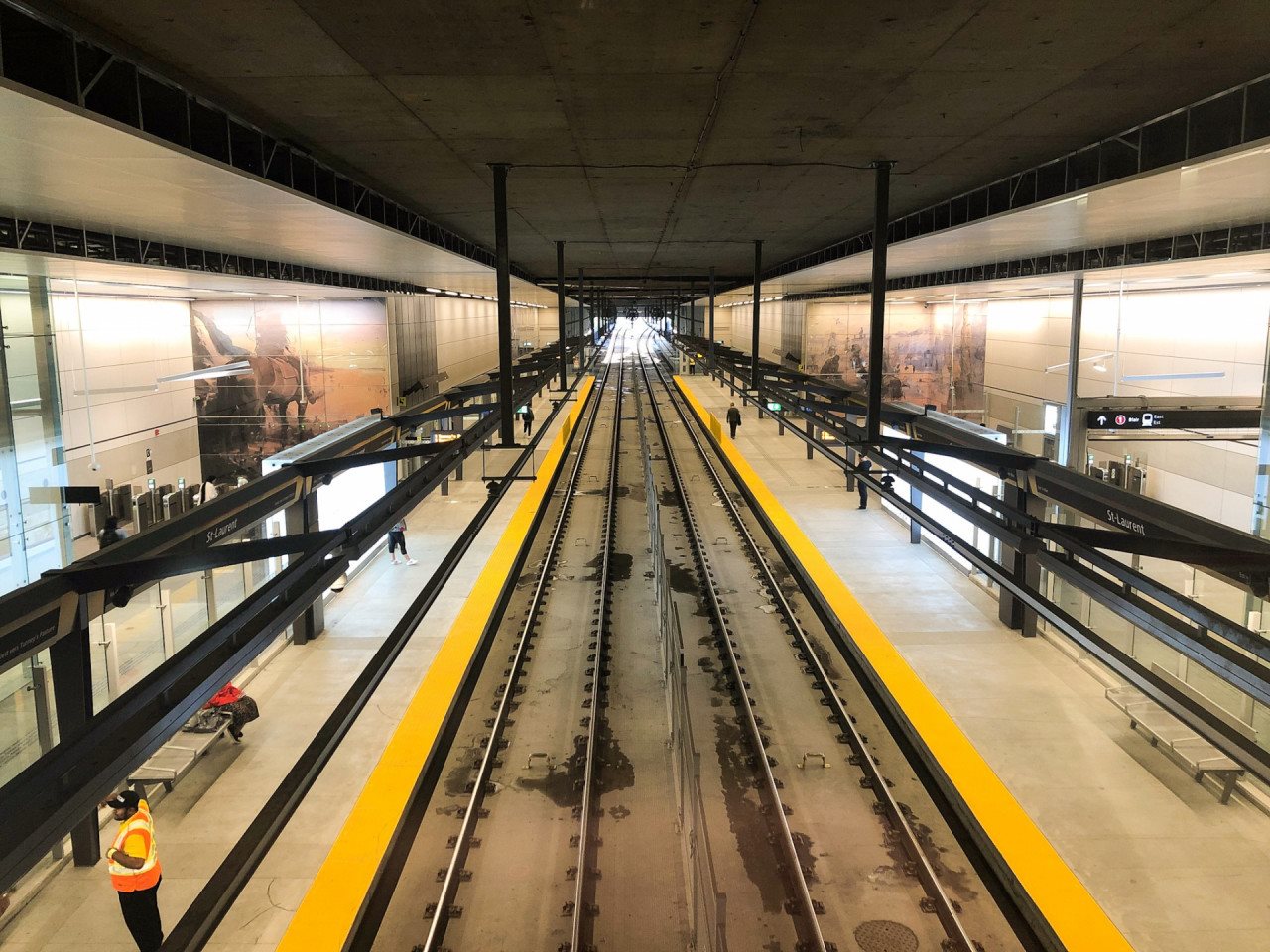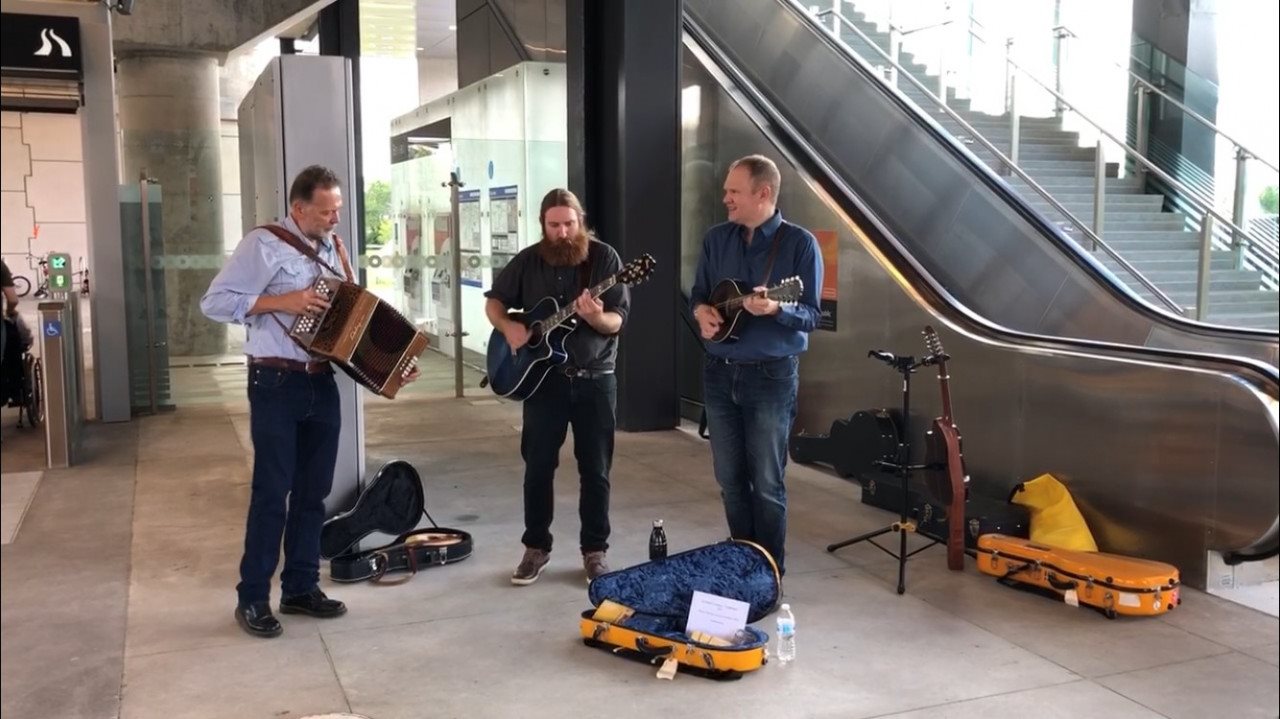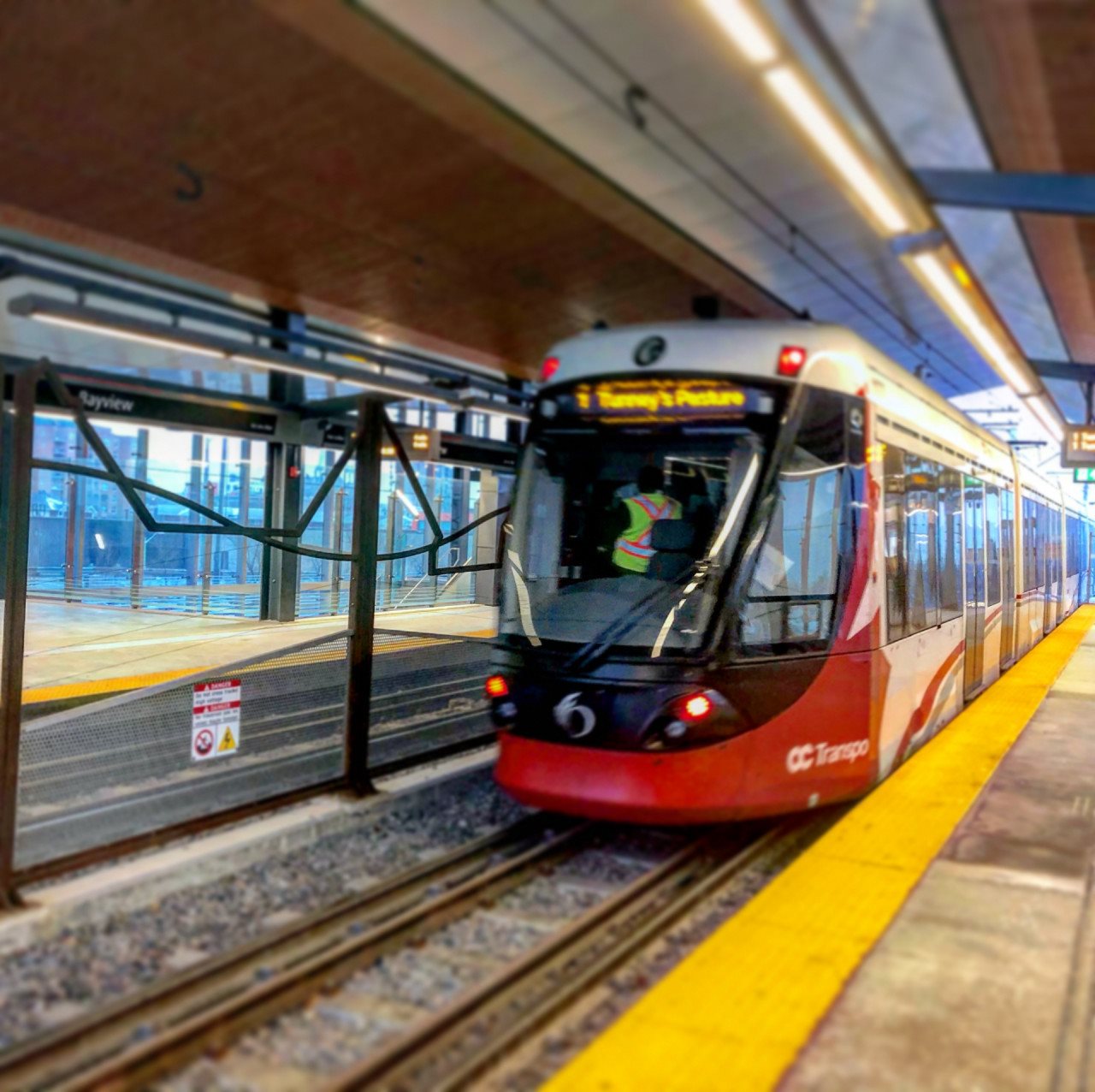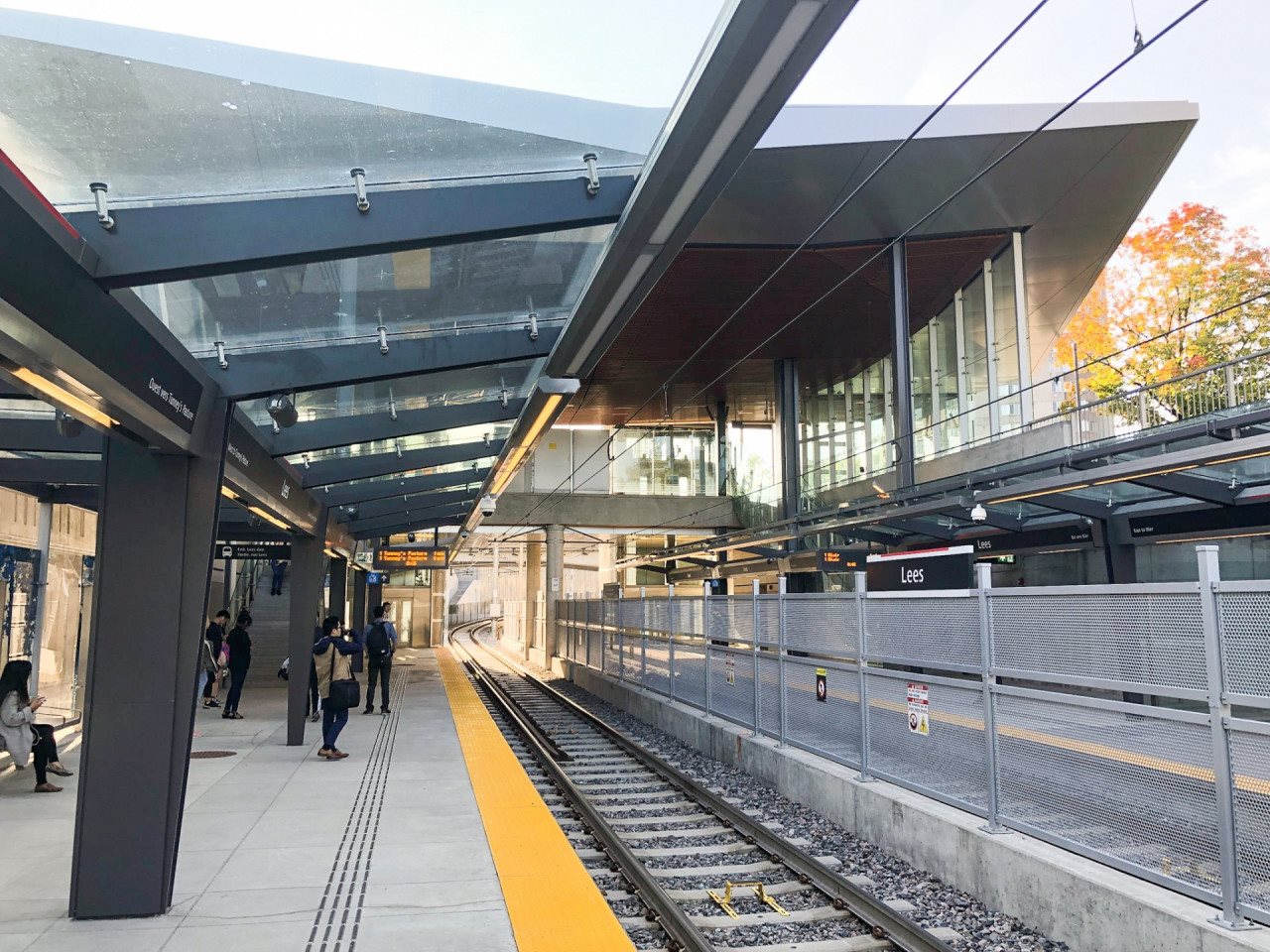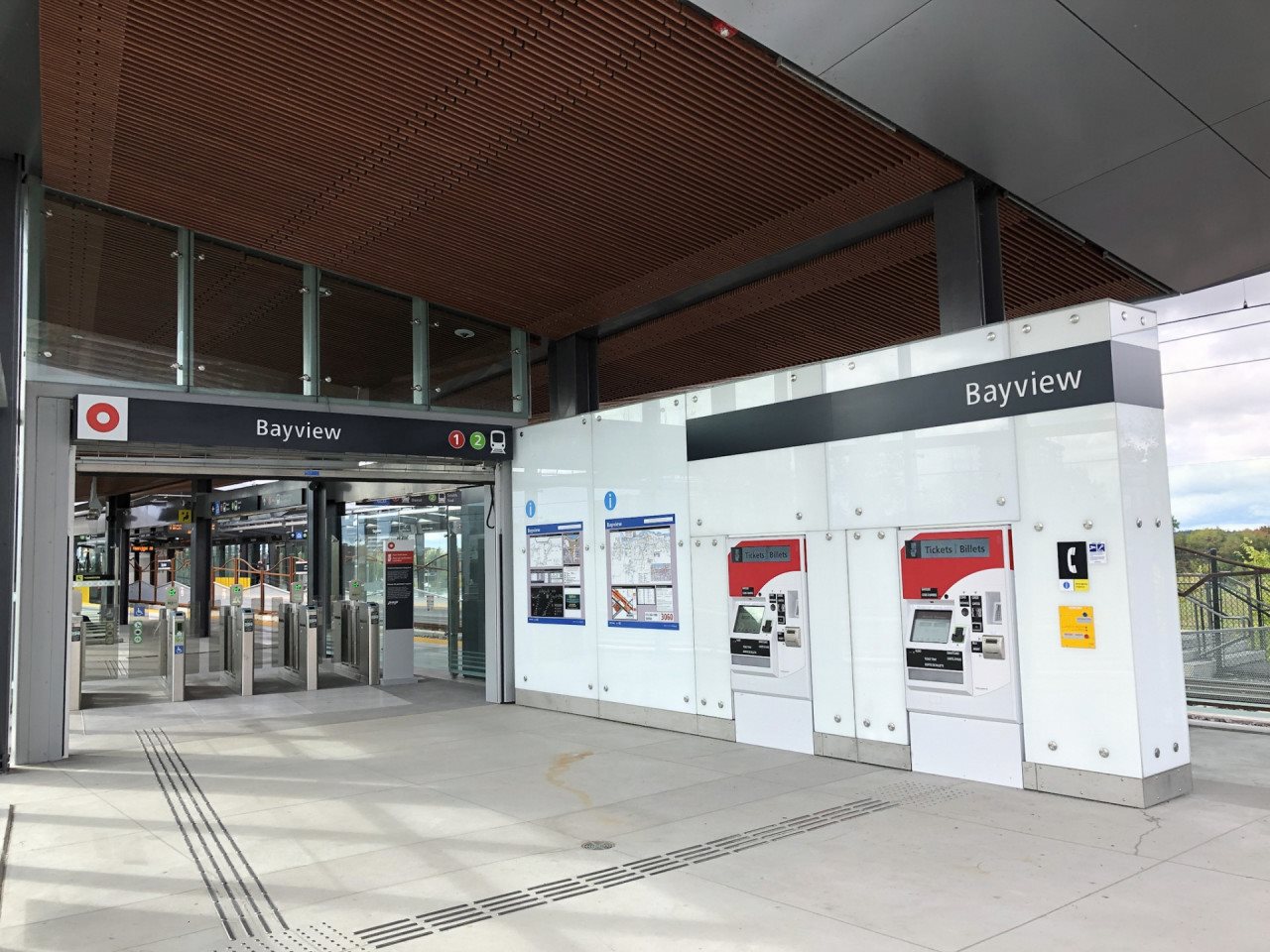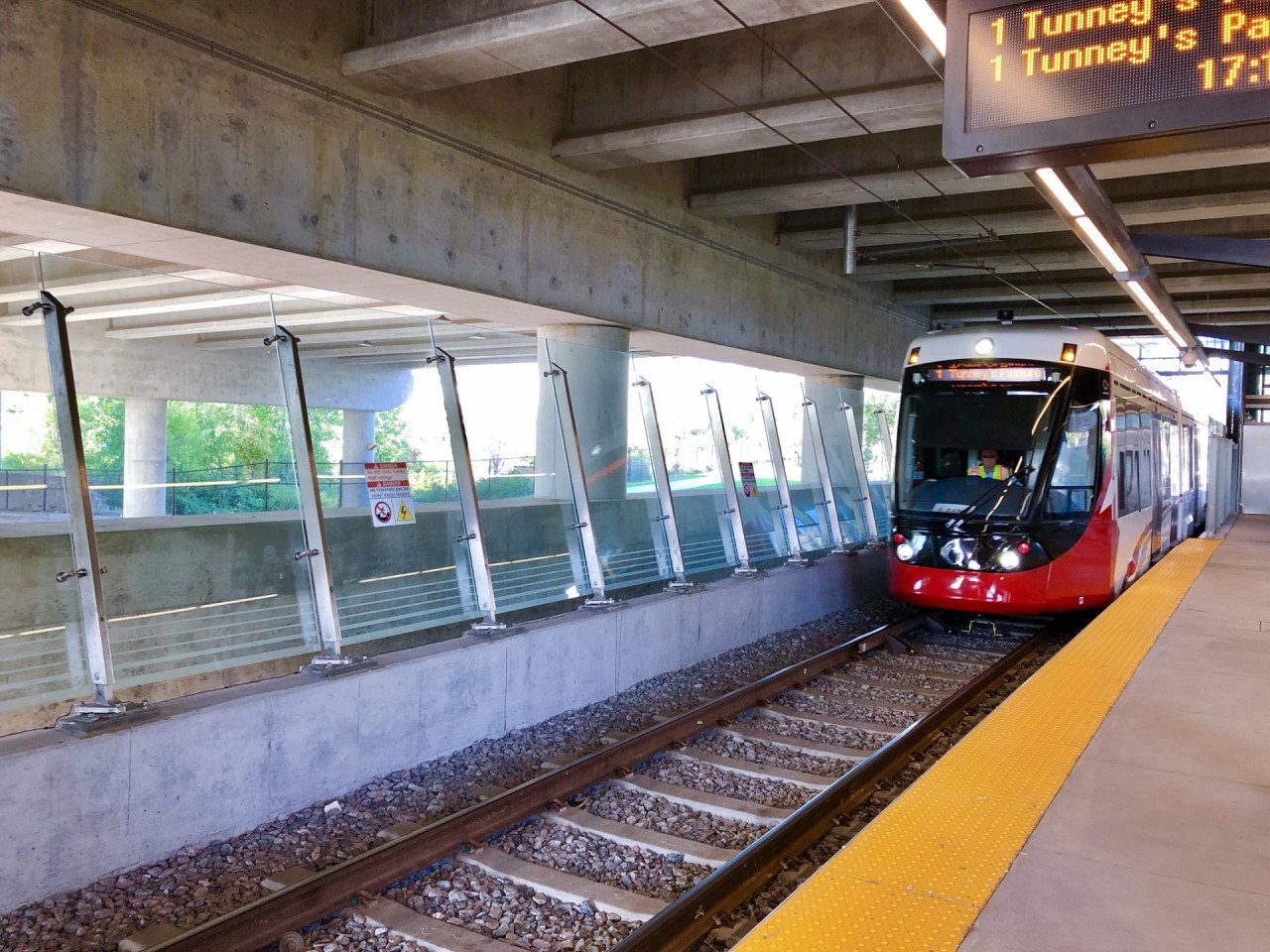Please find attached a memo and attachment regarding a Notice of Default and Rectification Notice, sent to the Mayor, Members of Council and released to the media.
Source : City of Ottawa
------
The full notices are found below, but here are some quoted sections that provide very clear examples of work needing to be done, defaults that are taking place, and so forth.
Remedy / Rectification Requirements
a) Vehicles
The City requires a fully compliant System that includes the requisite number of Vehicles to provide the necessary Service Levels under the PA. RTG committed to providing 15 double Vehicle consists ("Trains") and the City requires a plan and schedule for the provision of 15 operational Trains.
The City has been patient and reasonable in waiting for the full contingent of Vehicles required under the PA. In this regard, the City worked closely with RTG's team to establish a reasonable deadline of December 31, 2019 by which RTG was required to provide additional Vehicles in service, yet this deadline was missed or ignored by RTG with no reasonable plan or schedule brought forward to achieve the PA requirements. The availability of four (4) additional spare Vehicles from the Stage 2 fleet should reasonably allow RTG to meet its obligation for 15 Trains in service. RTG continues to fall short in this regard.
b) Other Requirements
The City requires that RTG take the necessary steps outlined below and that its plan and schedule include measures to address the following items (which list is not exhaustive), of the issues that require RTG's action in order to remedy the Defaults:
1 Vehicle Power Systems — Power Systems: ongoing inductor failures due to an identified defect in the manufactured units appears to be partly mitigated with an insulating cover and modified cover for the inductor units. The City requires that RTG provide full technical details including drawings of the implemented changes to the Vehicle, schedule for replacement of the inductors, and signoff by the Engineer of Record on all completed and planned Vehicle configuration changes.
- Overhead Catenary System (OCS) — Wire Failures: Immediate technical modifications are required to be undertaken to increase the reliability of the OCS The failure mode wherein "Parafil" support members are causing the catenary wire to drop is a known issue that was encountered during testing and commissioning. As this is a known issue, the City's expectation is that this issue be resolved and actioned quickly. The City requires that RTG provide full technical details on the plan for rectification, schedule dates for installation, and signoff by the Engineer of Record on the modified configuration.
- Overhead Catenary System (OCS) — Rigid Rail Failures: Immediate technical modifications are required to be undertaken to increase the reliability of the rigid rail system. The recent failure where the catenary wire was ripped out of the rigid rail needs a modification so as to prevent a repeat of this occurrence. As this is a known issue, the City expects that this issue be actioned and resolved quickly. The City requires that RTG provide full technical details on the resolution, plan for installation of the modification, and signoff by the Engineer of Record on this issue.
- Overhead Catenary System (OCS) — Pantograph Integration: The carbon strips on the Vehicle pantograph have significant groove patterns indicating that the overall design and installation of the OCS including the stagger has not been designed correctly and/or installed correctly and/or maintained correctly. A full survey of the existing system needs to be undertaken to validate that the current configuration of the system meets the design specifications. In addition to the verification of the general arrangements, the City needs confirmation that OCS wire transition sections, section insulators, and transitions from wire to rigid rail are working correctly and not causing undue arcing. The City requires that RTG provide full technical details on the outcomes of this review including results of the survey, details and installation dates for corrections or repairs, and signoff by the Engineer of Record that current condition of the system meets the design criteria.
- Traction Power System Integration: Additional onboard unit issues related to power systems including line contactors, auxiliary power units (CVS), and high speed circuit breakers (HSCB) require detailed assessments related to recent failures. For each of these items, the City requires that RTG itemize the failure modes, identify the means to test and repair these units, detail any unintended TOMS or control logic issues related to operation of this equipment, e.g. TCMS prevents a train from moving when one Vehicle has an activated HSCB, confirm that appropriate spares are on site, and confirm any technical changes that are required to improve the reliability of equipment. The City requires that RTG provide full technical assessments on the failure modes, schedule for corrections or repairs, and signoff by the Engineer of Record on the configuration changes.
- Switch Heater Rectification Plan: The switch heaters on the system appear to have a maximum output of 45kW. By comparison, the switch heaters on the City's existing Trillium Line have a maximum output of close to 120kW. The heating capacity of the existing switch heaters needs to be significantly increased in order to have any opportunity to work correctly in winter. At a minimum, hot air blowers with significantly higher output capacity need to be installed to replace the existing units, heat tracing cables need to be added to the stock rails, and consideration for installation of crib heaters should be undertaken. An integrated solution needs to be implemented in order to bring the solution into compliance with the PSOS, The City requires full technical details on the plan for upgrade, schedule dates for installation, and signoff by the Engineer of Record on this issue.
- Vehicle HVAC: Despite assurances that the heating on the system works correctly, supplementary heating had to be added to the vehicles to improve the interior driver cab temperatures this past winter. Similarly, the cooling system needs to be corrected to ensure that Vehicle and Vehicle driver cabs are cooled correctly during hot summer temperatures. As this is a known issue, our expectations are that this issue is actioned and resolved quickly. The City requires that RTG provide full technical details on the upgrade to bring the HVAC and supporting systems into compliance with the PSOS, schedule dates for the upgrade, and signoff by the Engineer of Record on the planned changes.
- Vehicle Braking Systems — Integration Issues: A series of different scenarios appear to be contributing to a high incidence of wheel flats on the fleet. The braking system appears to be suffering from a series of specific issues and contributing factors which are leading to wheel flats on the trailing and other bogies. The City requires that RTG provide a root cause analysis of the cause of the failure modes, action plan and schedule for rectification, and signoff by the Engineer of Record. As the City understands this issue, based on information provided by RTG, a partial list of causes for these wheel flats is as follows:
- Faulty valve(s) in the braking units;
- Overly aggressive emergency brake rate for the vehicle;
- Overspeed conditions triggered vehicle-signal integration issues;
- Sanding systems not working correctly due moisture and icing conditions;
- False positive activations of the guideway intrusion detection system (GI DS);
- Incorrectly configured and calibrated brake - load weight management system;
- Overly aggressive emergency brake rate application for the trailing bogie;
- Operation of the vehicle in ATPM triggering overspeed conditions; and
- Limited effectiveness of the of the slip-slide control system.
8. Vehicle Door Performance: Based on the performance of the doors in the first four months of service, it was evident that the design of the doors did not meet the requirements of the Project Agreement. The City requires confirmation that the planned software to correct the motor overcurrent failure mode "H-bridge" solution has been safety certified and installed on the fleet of vehicles. Further, the City requires that RTG provide a root cause analysis and action plan to eliminate the incidents where the doors on a trailing vehicle do not open automatically. The mechanical isolation process of faulted doors needs to be evaluated and revised as it has proven to be undependable. The City requires confirmation that the door mechanisms that are currently preventing front-line staff from successfully isolating a door in fault has been rectified and modified door mechanisms are installed on the fleet. Lastly, the City requires that RTG provide an updated door isolation procedure to be in place that allows an ERO to quickly and easily isolate the doors and remove a Vehicle from service without cutting out the VOBC.
9. RTG/RTM Performance Reporting — IMIRS: The process for recording, capturing, and reporting on quality failures and other required reporting elements including importantly Schedule 20 performance adjustments remains flawed and requires significant manual intervention. On January 8, 2020, the City provided a full detailed assessment of its observations to date on the shortcomings of this system (OTT-RTGLET-0296). It is untenable to rely on the current IMIRS solution for the remaining 28.5 years of the Maintenance Term. The City requires that RTG provide a full technical details on the plan for upgrade, schedule dates for installation, and plan to test and commission the new system. Additionally, there are numerous required reports that RTG is to submit to the City that remain outstanding as outlined in Schedule 15-3, including but not limited to custodial maintenance plans, preventative maintenance, corrective maintenance, and monthly reliability and maintainability reports, etc.
10. Guideway Intrusion Detection System (GIDS): The City continue to experience emergency brake activations on trains due to GIDS intrusions where there is no observable cause or intrusion, i.e. false positives. These scenarios were occurring prior to the winter season and have continued to occur after weather events even when there is no snow accumulation and/or blowing snow. The reliability of this system is so poor that this equipment is routinely disabled at the request of RTG as a preventive measure against false EB's. The City requires that RTG provide a root cause analysis of the failure modes, action plan and schedule for rectification of the issues, and signoff by the Engineer of Record.
11. Additional Vehicle Issues: A series of additional incomplete or required modifications program have been noted by our operations team which required resolution in order to ensure the success of RTG's maintenance team moving forward. The City requires corrective action plans to bring them to resolution:
- VOBC Reliability: The operation of double car Trains has the benefit of having redundant VOBCs which has masked reliability issues with the performance of the individual units. Additional analysis and demonstration of the reliability of these units is required in order to demonstrate the capability to provide weekend service using single car operations.
- Sanding Systems: Open questions remain about the performance of the sanding units on the Train, selection of the appropriate sand type, and the maintenance practices around servicing the Vehicles. Details of the issues noted to date are required along with a plan for any retrofits or modifications to this subsystem.
- Compressor Performance: Recent concerns regarding level boarding at the platforms and general reliability issues with the compressor issues need to be addressed. Details of any planned improvements to the compressor system are required. RTG's previous proposal to remove every other compressor shall not be progressed until the reliability of the compressors improves. This issue is particularly concerning as it is our understanding that the Stage 2 fleet Vehicles have been modified in that there is no longer a redundant compressor in each Vehicle, and as such any compressor failures on the Stage 2 fleet will directly result in an immediate service impact.
- Bogie System — Retrofit: The City understands that a retrofit program is underway to add a greasing point on the bogie and that this work is required across the fleet. Details of the modification are required along with a schedule to complete the fleet.
- Driver Cab — Door Program: The City previously agreed to a temporary replacement for the driver cab door until such time that a permanent fix could be implemented. Details of the planned modification are required along with a schedule to complete the fleet must be provided as the interim Acrylic Doors are not an acceptable long term fix.
- Spare Part Stocking Levels: Based on recent experience, due to reliability issues or other reasons, we have witnessed a number of Vehicles being cannibalized for spare parts. To the extent that there are material shortages, the City requires that RTG provide a plan and schedule to restore the full fleet to service and to understand what additional investment will be made to ensure stocking levels are appropriate.
12. Staffing Levels: Based on recent experience, due to reliability or other reasons, we understand that a shortage of qualified technical staff is hampering RTG's ability to deliver the required number of vehicles to service. The City requires a plan and schedule to level set the staffing to properly accommodate the ongoing inspection requirements and backlog of deficiencies, modifications, and repair work to the vehicle fleet.
13. Additional System Issues: A series of additional incomplete technical issues related to systems have been noted by our operations and planning teams which require resolution in order to ensure the success of the maintenance team moving forward. The City requires that RTG provide corrective action plans and schedules to bring them to resolution:
- Signal Systems: A series of technical issues exist which require an update to the Thales software systems. A detailed rollout plan is required in order to advance the implementation of the updated software.
- CCTV Wayside-Onboard Vehicle: The current system that provides the operator with a view of the platform edge remains unreliable and unproven. The centralized software systems that manage the distribution of video to the vehicles is still not working and it is unclear that the current architecture will ever work. It may be required to implement a localized, station-based control system in order to simplify the solution and make it more robust.
- Public Address and Passenger Information System: There is an outstanding task to test and demonstrate that the onboard public address and passenger information systems work reliably in normal service operations and in diversion scenarios.
- Next Train Arrival Messages: The reliability of the countdown messages on the platforms is still unreliable and the related provision of this same information through a real-time data feed to the City appears incomplete.
- Passenger Counting: RTG has not provided the required daily summary reports of passenger counts through a real-time data feed to the City.
14. Additional Infrastructure Issues: A series of additional technical and organizational issues related to infrastructure and infrastructure maintenance have been noted by our operations team which require resolution in order to ensure the success of the maintenance team moving forward. The City requires that RTG provide an action plan and schedule to bring these issues to resolution:
- Maintenance Facility — LMB: For a low floor Vehicle with the majority
of critical equipment located on the roof of the Vehicle, it is
imperative that maintenance staff have simple and safe access to the
roof of the Vehicles. This access requires the appropriate safety
controls in place for electrical lockouts in order to undertake
appropriate maintenance. Despite having been in service for over six
months, we understand that there are ongoing technical issues and
operating procedure issues in order to deal with electrical safety. A
plan to repair the existing electrical controls is required and updates
to the procedures are required.
- Maintenance Facility — Yard: There has been a number of TSB reportable rail occurrences in the yard which is concerning and needs to be addressed in a permanent fashion. A plan for UTO operations in the yard may help to reduce these occurrences.
- Track Maintenance — Noise & Vibration: The level of noise and vibration that is felt by Trains traveling through the Hurdman S-curves appears to have been left unchecked by maintenance staff. The noise and vibration in this area need to be assessed by RTG in order to reasonably confirm compliance with the Project noise and vibration limits.
- Track Maintenance — Neutral Temperature: RTG's long term plan for management of the rail neutral temperature needs to be revisited. We have encountered rail breaks and an ongoing need to adjust the neutral temperature of the rail. An update on the long-term strategy in this area is required.
- Winter Operations — Staffing: Despite countless meetings and workshops on this issue, there is still an ongoing concern that RTG is not staffing appropriately to deal with winter events and simply reallocates staff within the organization to meet expectations. The strategy to reallocate staff rather than increase staffing levels for major events has not been effective.
- Stations — Cleanliness: It is unclear that appropriate cleaning and janitorial plans are in place to keep the stations in a state of cleanliness. The lack of janitorial maintenance is apparent and has been noted by many of our visitors from other systems.
- Tunnel and Underground Stations — Leaking: A series of tunnel locations
continue to have water infiltration and there has already been one interruption to service this year due to ice buildup on the catenary rail. These areas need to be reviewed and modifications undertaken. - Above Ground Stations — Roof Design: Many instances of snow and ice falling
from rooflines onto public areas is non-compliant with Project Agreement requirements and is a major safety concern for our customers. These areas need to be reviewed and modifications undertaken. - Above Ground Stations — Platform Heat Trace: Heated areas are continually tripping out due to fault and the final implementation of heat trace locations does not match the design in many places. These areas need to be reviewed and modifications completed.
As noted above, the aforementioned list of issues is not exhaustive. Rather, the list is intended to illustrate examples of significant issues impacting its ability to provide the contracted for level of service to the City's customers and to ensure the availability of the System to System Users. The City requires that RIG comply with the PA in preparing its remedial plan and schedule to remedy RTG's Defaults pursuant to s.45 of the PA.
For clarity, this list does not capture all the items in the remaining Minor Deficiency List items, Non-Conformance Reports, vehicle modification programs, Vehicle deficiency lists, warranty items, and other issues that were noted at the time of Revenue Service Availability that have caused or contributed to issues with RTG's ability to perform its obligations under the PA. The City expects that RTG, in its delivery of its remedial plan and schedule, will identify and disclose any other known issues that it is actively working on to improve the performance of the System and to remedy the Defaults.
The list of issues itemized herein is lengthy, however, none of these issues should be a surprise to RTG and resolution on all of these items should be actively underway.
------
City Manager Memo
